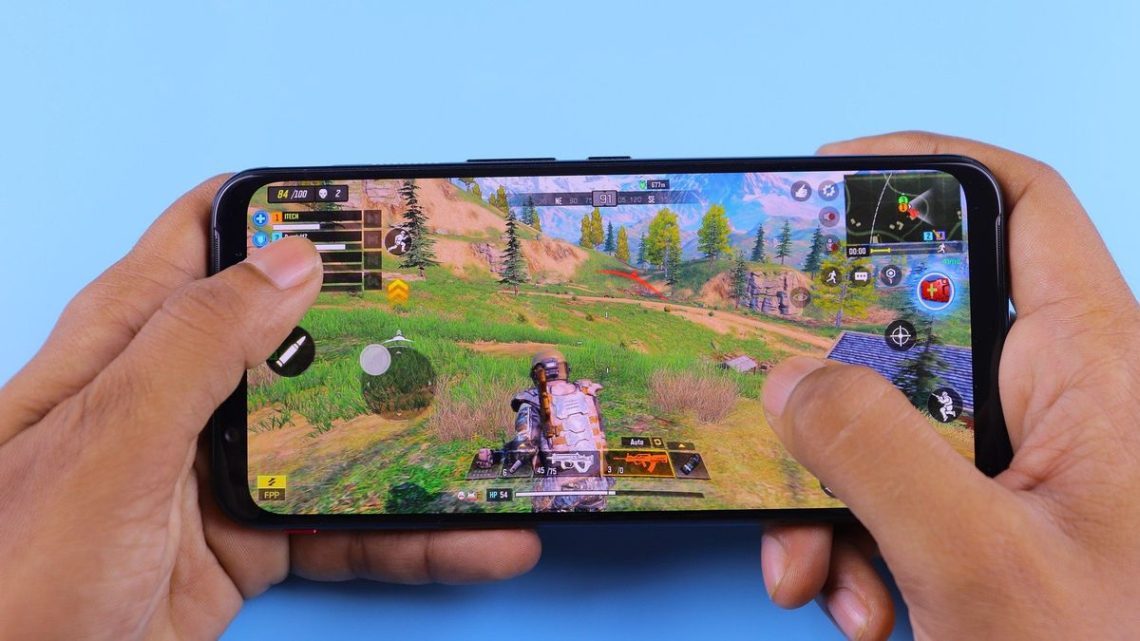In recent years, online gaming has transformed from a niche hobby into a global phenomenon, captivating millions of players around the world. With advancements in technology and the rise of the internet, online 無料ゲーム games have evolved in complexity, accessibility, and social interaction, creating a vibrant community that transcends geographical boundaries.
A Brief History
The origins of online gaming can be traced back to the early days of the internet in the 1970s and 1980s with text-based games like MUD (Multi-User Dungeon). These early platforms laid the groundwork for what would become a thriving industry. The 1990s saw the introduction of graphical online games, with titles such as “Ultima Online” and “EverQuest” paving the way for Massively Multiplayer Online Games (MMOs). The rise of broadband in the 2000s marked a significant turning point, allowing for more immersive experiences and real-time interaction among players.
Types of Online Games
Online games encompass a wide range of genres, catering to diverse interests:
- MMORPGs (Massively Multiplayer Online Role-Playing Games): Titles like “World of Warcraft” and “Final Fantasy XIV” allow players to immerse themselves in expansive worlds, complete quests, and interact with thousands of others.
- Battle Royale Games: Games such as “Fortnite” and “PUBG” have gained immense popularity for their competitive nature and fast-paced gameplay, where players vie to be the last one standing.
- Casual Games: Mobile games like “Candy Crush” and “Among Us” have democratized gaming, attracting players of all ages and skill levels.
- Esports: Competitive gaming has exploded in popularity, with games like “League of Legends” and “Dota 2” fostering professional leagues, tournaments, and a dedicated fanbase.
The Social Aspect
One of the most compelling features of online gaming is its ability to connect people. Players can form friendships, join guilds, and collaborate in teams, creating a sense of community that often extends beyond the virtual world. Online games have become social platforms where players can communicate, strategize, and share experiences, blurring the lines between gaming and social interaction.
Psychological and Educational Benefits
While some critics argue that online gaming can lead to addiction and social isolation, research suggests that there are several psychological and educational benefits associated with gaming. These include:
- Problem-Solving Skills: Many games require critical thinking and strategy, enhancing players’ cognitive abilities.
- Teamwork and Collaboration: Multiplayer games often require players to work together to achieve common goals, fostering teamwork skills.
- Creativity and Imagination: Games that allow for customization and world-building encourage creative expression.
The Future of Online Gaming
As technology continues to evolve, the future of online gaming looks promising. Emerging trends include:
- Virtual Reality (VR) and Augmented Reality (AR): These technologies are set to create more immersive gaming experiences, allowing players to engage with games in unprecedented ways.
- Cloud Gaming: Services like Google Stadia and NVIDIA GeForce NOW are making high-quality gaming accessible on various devices without the need for expensive hardware.
- Blockchain and NFTs: The integration of blockchain technology could revolutionize ownership and monetization in gaming, offering players true ownership of in-game assets.
Conclusion
Online gaming is more than just a form of entertainment; it is a multifaceted social phenomenon that has reshaped the way we connect, compete, and collaborate. As the industry continues to evolve, it will undoubtedly play an increasingly significant role in our lives, offering new opportunities for engagement, learning, and community building.





